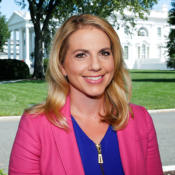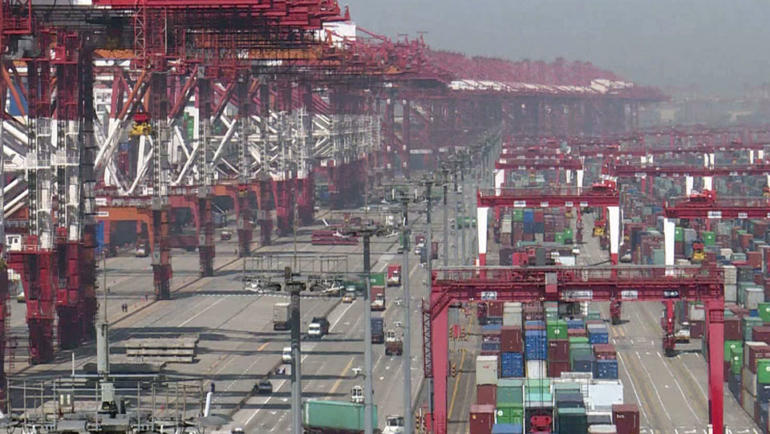A seemingly mixed message from the White House ahead of the G20 summit in Buenos Aires. U.S. President Donald Trump told The Wall Street Journal this week that he expects to impose another round of tariffs on China.
This time it could be on more than $260 billion in Chinese goods. On Tuesday, Trump’s economic advisor said there was a “good possibility” for a deal. CGTN’s Jessica Stone unraveled this in a report.
It was just one year ago that Chinese President Xi Jinping hosted U.S. President Donald Trump in Beijing for a state visit. The spirit of friendship — seemingly cemented by $250 billion in pledged business deals. Since then, Trump has imposed tariffs on $250 billion in Chinese imports, from steel to handbags to toys.
Ahead of their meeting in Buenos Aires, Argentina, Trump told the Wall Street Journal, the U.S. could impose new tariffs that would more than double that amount, “If we don’t make a deal, then I’m going to put the $267 billion additional on…at a tariff rate of either 10% or 25%.”
Beijing had expressed hope that the two presidents can make progress where lower level efforts have stalled. “You see, we in China, we certainly do not want to have any trade war with anybody else, certainly not the United States. And we want to have a negotiated solution to the issues. But they key to this solution is a balanced approach to the concerns of both sides,” China’s ambassador to the United States told Reuters news agency in an interview. “And honestly so far I have not seen sufficient response from the U.S. side to our concerns.”
White House officials said that Xi and Trump will have a working dinner during the G20 with representatives from both sides — a chance to affirm their personal friendship and possibly to ease tensions over trade.
Trump’s economic advisor said the president is open to a deal and that there’s “a good possibility that a deal can be made” but “issues of intellectual property theft must be solved, forced technology transfers must be solved, significant tariffs and non tariff barriers must be solved.”
China’s ambassador to the U.S., Cui Tiankai, warned of possible global consequences if the leaders don’t reach an agreement, telling the Wall Street Journal “if we allow the current situation to go on…there’s a real risk that the integrating global market might become fragmented.”
CGTNs Jessica Stone asked Kudlow for his comment. “The ambassador makes a point. Now if he would do his part or his government would do their part, then we can all make a much better point. That’s what President Trump is saying,” he responded.
Kudlow said the White House plans to use the G20 to rally the global community around Washington’s position. An unlikely outcome for a U.S. leader who has shunned multilateralism and has repeatedly criticized America’s top trading partners.
 CGTN America
CGTN America

